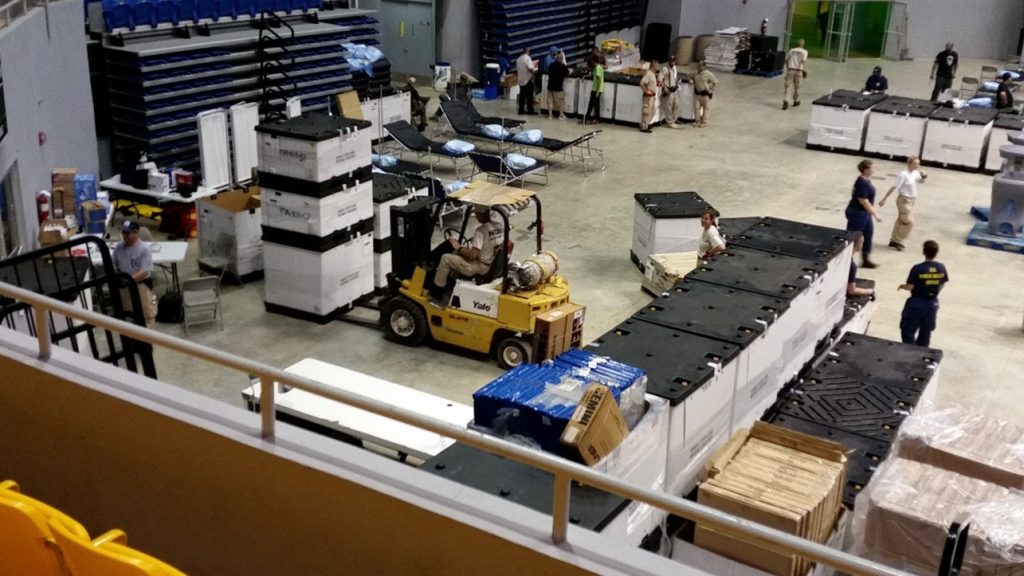- Hyderally & Associates P.C | Employment Lawyers NJ, NY
- (973) 509-8500
- tyh@employmentlit.com
The Explosive Growth in New Jersey-Based Warehouse Operations Means Workers Require Job Protections
NY Employees Welcome Cannabis Testing Guidelines
January 4, 2022New York, New Jersey, The New Normal: Making Sense of COVID-19 Workplace Guidance
January 10, 2022The Explosive Growth in New Jersey-Based Warehouse Operations Means Workers Require Job Protections
As online shopping continues to grow by leaps and bounds, the role of warehouse employees has received unprecedented attention. From reports of inadequate bathroom breaks to concerns over coronavirus outbreaks, Americans have a newfound appreciation for this sector of the labor market. Now, a bill introduced in the New Jersey Legislature is aiming to protect warehouse workers. Senate bill 4265, introduced on December 9, 2021, would expand the state Wage and Hour Law to require all employers to provide meal and rest periods for employees working certain shifts, and would regulate work quotas in warehouse distribution centers.
The proposed bill lays out what is required of businesses that operate in warehouses. It would amend N.J.S.A. 34:11-56a1(k) to ensure that any wage and rate of work imposed by a warehouse employer meets the statutory definition of “fair wage,” and would also amend subsection (l), so that any wage and rate of work imposed by a warehouse employer which violates the pending bill would be an “oppressive and unreasonable wage.” The bill also proposes definitions for the terms “employee work speed data,” “warehouse employer,” “quota,” and “warehouse distribution center.”

Among the proposed amendments:
- New Section 2 would require warehouse employers to provide at least one 30-minute meal period for any five hours worked continuously, and 15 minutes for any four hours worked continuously. The meal period would count as time worked.
- New Section 3 would authorize the Commissioner of Labor and Workforce Development to adopt regulations that ensure work quotas do not interfere with meal and rest periods required by the Act, do not prevent use of bathrooms, do not prevent accommodations for pregnancy or breastfeeding, and do not interfere with any State or federal anti-discrimination or safety and health laws.
- New Section 4 would require the warehouse employer to provide a written description of any quota to which an employee is subject.
- New Section 5 prohibits any quota that would prevent compliance with the requirements of new Section 3.
- New Section 6 states that any employee activity directed towards compliance with occupational health and safety laws or standards will be considered time on task and productive time for purposes of any quota or monitoring system.
- New Section 7 allows that where any current or former employee believes that a quota caused a violation of their rights pursuant to Section 3, the employee can request from the employer a written description of any applicable quota and a copy of the most recent 90 days of the employee’s own personal work speed data. Any employer receiving such a request must comply within 14 days from the date of the request.
- New Section 8 asserts that employers may not construe the Act to limit any rights secured through a collective bargaining agreement.
The bill is currently before the Senate Budget and Appropriations Committee. An identical bill, A6235, has been introduced in the Assembly and was referred to the Assembly Labor Committee.
New Jersey’s location in the heart of the Northeast, its highway systems, and its proximity to New York City make it a natural for warehouse operations, and the development of this field is particularly robust in New Jersey, In 2018, industries devoted to the movement and storage of goods accounted for almost one out of every eight jobs in New Jersey and were responsible for 15.7% of the state’s total payroll. Additionally, Port Newark-Elizabeth handles some of the country’s largest volumes of consumer imports. The port accounts for almost 40% of the country’s annual holiday purchases alone. These numbers are poised to grow, as the pandemic endures and online shopping continues unabated.
Warehouse workers are integral to New Jersey as well as the country’s fortunes, and they need and deserve the protections contained in the proposed legislation.En nuestra firma hablamos español. This blog is for informational purposes only. It does not constitute legal advice, and may not reasonably be relied upon as such. If you face a legal issue, you should consult a qualified attorney for independent legal advice with regard to your particular set of facts. This blog may constitute attorney advertising. This blog is not intended to communicate with anyone in a state or other jurisdiction where such a blog may fail to comply with all laws and ethical rules of that state of jurisdiction.

